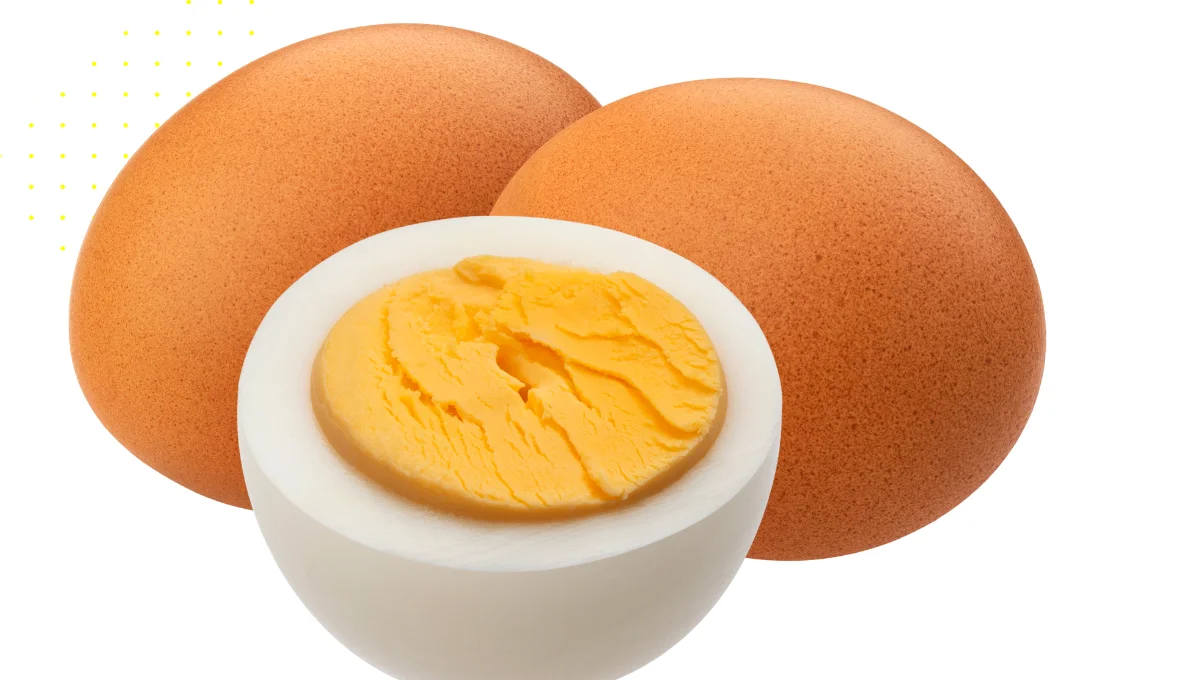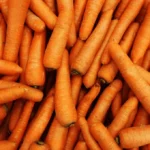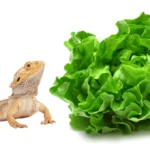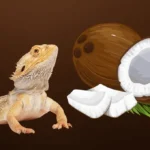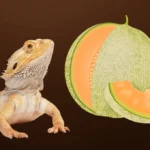Bearded dragons are omnivorous reptiles that require a balanced diet to maintain their health. Their diet typically includes a mix of insects, vegetables, fruits, and greens. Scrambled eggs are a common human food that some owners might consider feeding their bearded dragons.
This article explores whether scrambled eggs are a suitable food for bearded dragons, including their nutritional benefits, risks, and guidelines for safe feeding.
Nutritional Profile of Scrambled Eggs
Scrambled eggs are a nutritious food for humans, but their suitability for bearded dragons depends on several factors. Here’s an overview of their nutritional profile:
Protein Content
Scrambled eggs are a rich source of protein, which is essential for growth, muscle development, and overall health in bearded dragons. Protein supports tissue repair and provides energy. A typical serving of scrambled eggs contains a high amount of protein, which can be beneficial when offered in moderation.
Fat Content
Scrambled eggs also contain fat, which provides energy and supports various bodily functions. However, the fat content in scrambled eggs can be relatively high, which may lead to obesity and other health issues if fed in excess. It’s important to balance the fat intake with other dietary components.
Vitamins and Minerals
Scrambled eggs provide several vitamins and minerals:
- Vitamin A: Essential for vision, immune function, and skin health. Vitamin A is crucial for bearded dragons, but should be balanced to avoid toxicity.
- Vitamin D: Supports calcium absorption and bone health. Bearded dragons require vitamin D for proper calcium utilization.
- Calcium: Important for bone health, though the calcium content in scrambled eggs is not as high as in other foods.
Fiber Content
Scrambled eggs do not contain fiber. Fiber is important for digestive health, so it’s essential to provide other foods that are higher in fiber to maintain regular bowel movements.
Benefits of Feeding Scrambled Eggs to Bearded Dragons
Feeding scrambled eggs to bearded dragons can offer some benefits:
1. High Protein Content
Scrambled eggs are a good source of protein, which is important for muscle development and overall health. Protein supports growth and repair and can be beneficial when included occasionally in the diet.
2. Nutritional Variety
Offering scrambled eggs adds variety to a bearded dragon’s diet, which can help prevent nutritional deficiencies and keep feeding interesting.
3. Easy to Digest
Scrambled eggs are soft and easy for bearded dragons to digest compared to some other protein sources. This makes them a good option for bearded dragons with digestive sensitivities.
Risks and Considerations When Feeding Scrambled Eggs
While scrambled eggs can be a nutritious addition, there are some risks and considerations:
1. High Fat Content
Scrambled eggs have a relatively high fat content, which can contribute to obesity and other health issues if fed in large amounts. It’s important to offer scrambled eggs in moderation and balance them with other low-fat foods.
2. Low Calcium Content
The calcium content in scrambled eggs is relatively low compared to other food sources. A low calcium intake can lead to metabolic bone disease (MBD) and other health problems. Ensure that scrambled eggs are part of a balanced diet that includes other calcium-rich foods.
3. Potential for Unbalanced Diet
Feeding scrambled eggs too frequently can lead to an unbalanced diet if not supplemented with other nutrients. It’s important to provide a varied diet that includes insects, vegetables, and greens.
4. Risk of Additives
Avoid adding salt, butter, or other seasonings to scrambled eggs, as these can be harmful to bearded dragons. Plain scrambled eggs should be prepared without any additional ingredients.
How to Safely Feed Scrambled Eggs to Bearded Dragons
To safely include scrambled eggs in your bearded dragon’s diet, follow these guidelines:
1. Offer in Moderation
Feed scrambled eggs as an occasional treat rather than a regular part of their diet. A small amount, about one or two teaspoons, is sufficient for a bearded dragon.
2. Prepare Properly
Cook the eggs thoroughly to eliminate any risk of pathogens. Avoid adding any seasonings, salt, or butter. Allow the eggs to cool before offering them to your bearded dragon.
3. Balance with Other Foods
Ensure that scrambled eggs are part of a balanced diet that includes a variety of other foods, such as insects, vegetables, and greens. This helps to provide all the necessary nutrients.
4. Monitor for Adverse Reactions
Observe your bearded dragon after introducing scrambled eggs into their diet. Watch for any signs of digestive discomfort or changes in behavior. If any adverse effects are noticed, discontinue feeding scrambled eggs.
Alternative Protein Sources for Bearded Dragons
For a more balanced diet, consider these alternative protein sources:
| Protein Source | Nutritional Benefits | Feeding Frequency |
|---|---|---|
| Crickets | High in protein and calcium, easy to digest | Daily (juveniles), 2-3 times a week (adults) |
| Dubia Roaches | High in protein, moderate calcium | 2-3 times a week |
| Silkworms | Good protein source, lower in fat | 1-2 times a week |
| Black Soldier Fly Larvae | High in protein and calcium | 1-2 times a week |
| Mealworms | High in protein, moderate fat | 1-2 times a week |
These protein sources can be included in the diet regularly to ensure balanced nutrition.
Conclusion
Scrambled eggs can be a nutritious and enjoyable treat for bearded dragons when fed in moderation. They provide protein and a variety of vitamins but should be balanced with other dietary components to avoid health issues. By following these guidelines and offering scrambled eggs as an occasional treat, you can contribute to a well-rounded and healthy diet for your bearded dragon.
